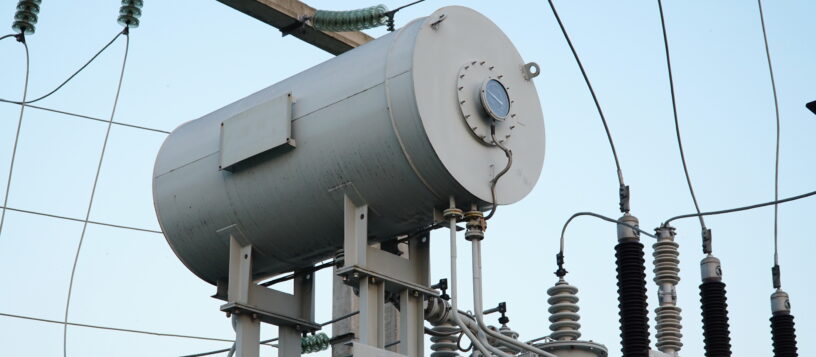Course Overview
This course suits marine engineer officers, electrical or electro-technical officers, engineer surveyors, and
marine superintendents. The training gives seafarers the essential education and training in high voltage (HV)
installations to meet the knowledge, understanding, and proficiency requirements as set out in the International
Standard for electrical, electronic, and control systems at the operational level.
Program Details
The course is a blend of classroom and practical training using dedicated facilities to enable students to achieve the
following training outcomes:
Knowledge of the arrangement and protection of HV installations on board a vessel, including what is
considered to be high voltage, typical voltages found on board ship, the reasons why modern vessels are
equipped with high voltage generators, the difference between insulated and earthed neutral distribution
systems, which circuits will operate at high voltage, and the function of the protection devices and their
sequence of operation.
Knowledge of the safety requirements necessary for HV installations, including the hazards associated with
high voltage, the requirements outlined in the HSE publication Electricity at Work safe working practices,
the terms ‘authorized and competent’ person, the difference between an ordinary and a high voltage
permit to work, the isolation process required to produce a high-voltage permit to work, and the
importance of a circuit main earth.


